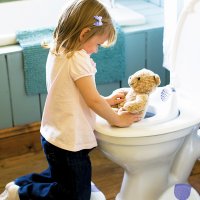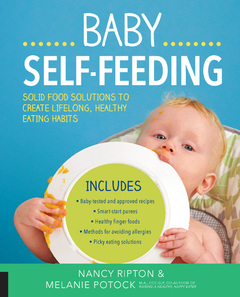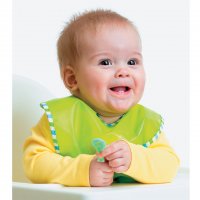Best Tips For Potty Training

Going from diapers to totally trained can take your toddler anywhere from three to six months or longer. Here are some of the best tips for potty training from one of Canada's leading parenting experts.


How do you know if your baby is teething? What does your baby's smile really mean? Is your baby ready to start solid food? Just The Facts, Baby is here to answer all your baby questions and give you the baby facts you need.

Going from diapers to totally trained can take your toddler anywhere from three to six months or longer. Here are some of the best tips for potty training from one of Canada's leading parenting experts.

“Babies love to suck,” says Dr. Natasha Saunders, co-author of The A to Z of Children’s Health by The Hospital for Sick Children. It’s estimated that up to 84 per cent of North American babies will use a pacifier during the first year of life. Sucking is a natural reflex that helps babies soothe themselves, and it provides a calming effect in those early months of life. “Every child is different and some babies will be able to self soothe without sucking on something, but for others a soother can be a huge help,” says Saunders.

If your child’s sleep is disrupted by nightmares and fear, it can affect her mood, behavior, health, memory and growth. Here’s what you can do to solve these common childhood sleep disrupters:

Many times parents don’t worry about picky eaters until it’s too late. Once you already have a picky eater, it’s much more difficult to change the way your child looks at food. The good news for parents who haven’t yet started solids is that you can do a whole lot to prevent picky eating by the way you introduce first foods.

When it comes to what to feed babies and when, a lot of parents worry about doing the wrong thing. “It’s not an intuitive process,” says Dr. Jeremey Friedman, chief of Paediatric Medicine at the Hospital for Sick Children in Toronto. Here are our answers to five of the most common questions about babies and food.